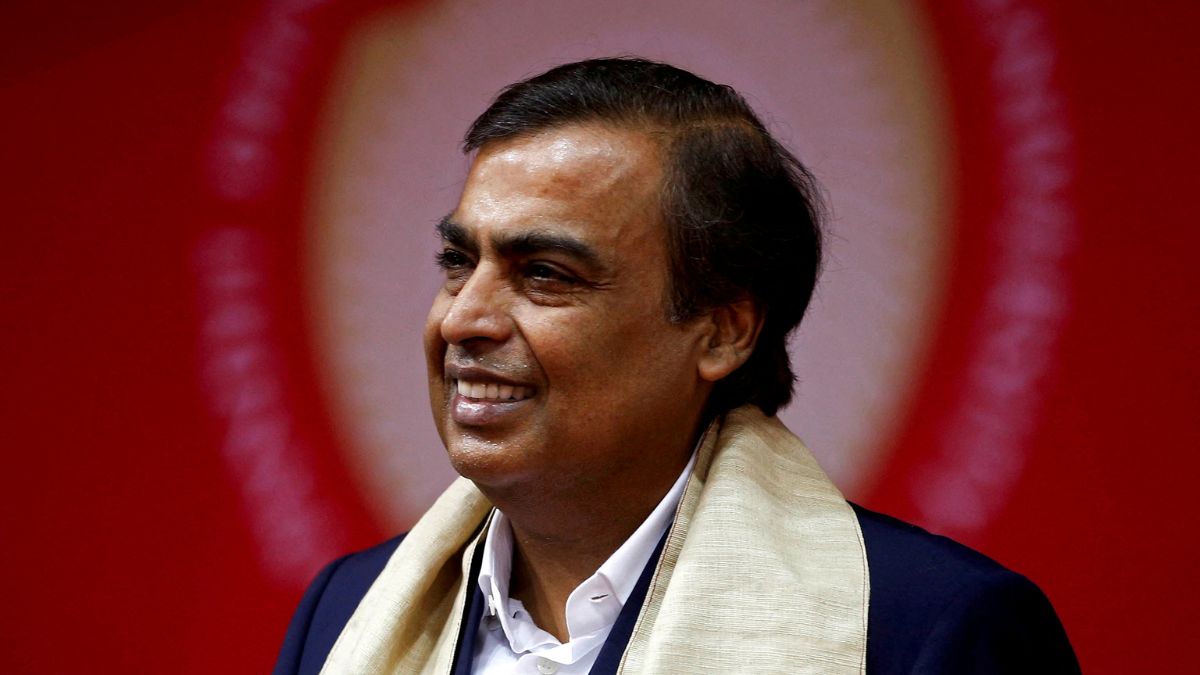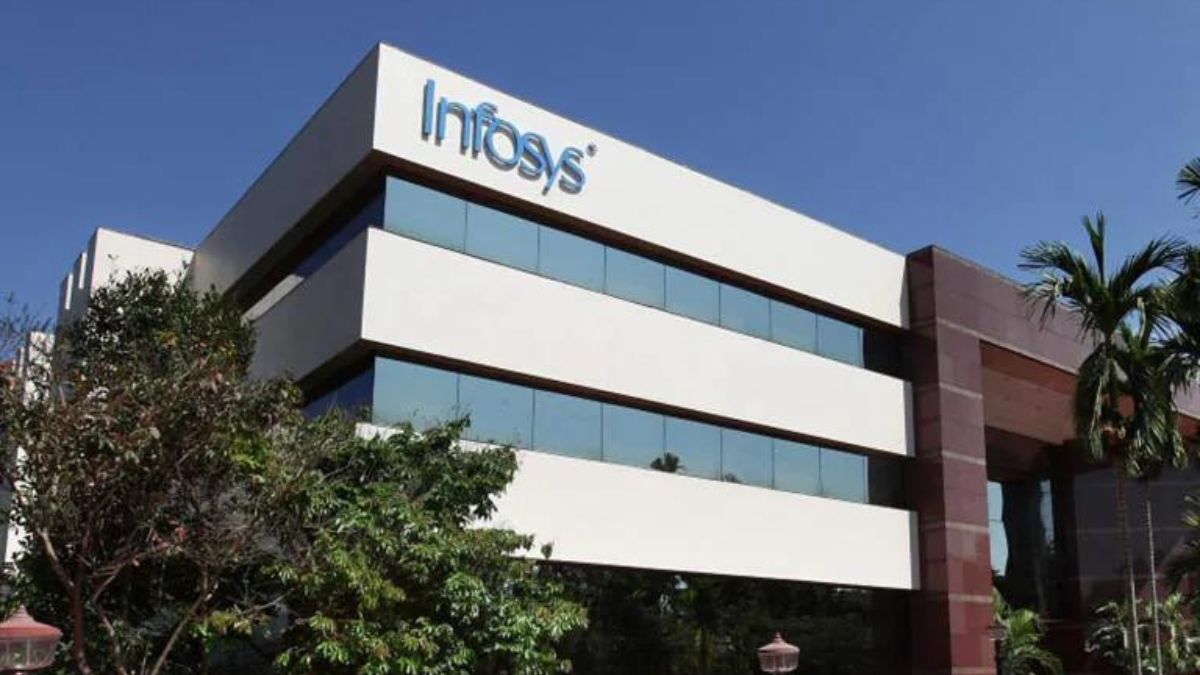Amid a challenging year for agriculture, the upcoming Union Budget 2024 presents a pivotal opportunity to rejuvenate the sector and support rural India read more
)
(File) A farmer ploughs his field at a village in Prayagraj district. PTI
The agricultural sector, the backbone of the Indian economy, has faced significant challenges over the past year. Monsoon irregularities have led to a sharp decline in agricultural growth from 4.7 per cent last year to just 1.4 per cent this year, exacerbating rural distress. The forthcoming budget is a crucial opportunity to address these concerns and set the sector on a path to a brighter future. The government must prioritise agriculture and rural India, focusing on making farmers more resilient while mitigating food inflation that disproportionately affects society’s underprivileged segments.
Tackling good inflation and import dependence
The Union Budget 2024 must first address the pressing issue of food inflation, which has been worsened by the necessity of stock restrictions on essential commodities such as pulses, wheat, and rice. Food inflation disproportionately affects the most vulnerable sections of society and requires immediate attention. Additionally, India’s dependence on imports for pulses and oilseeds, coupled with the government’s commitment to providing free rations under the Annapurna Yojana and the challenges posed by climate change, underscores the need for a robust domestic production system supported by a strong innovation ecosystem.
Boosting research and development
To build resilience in the agricultural sector, the government should prioritise research and development (R&D) investments aligned with national priorities. This includes developing and introducing climate-resilient crop varieties, latest pesticides, microbial products and sustainable farming practices. To facilitate the widespread adoption of technology, the budget should incentivise private sector participation in building a robust agricultural innovation ecosystem. Tax incentives for R&D investments by the private sector can encourage the development and integration of cutting-edge technologies. Moreover, bringing rationalizing GST on agricultural inputs, such as agrochemicals, to a maximum of 12 per cent would ease the financial burden on farmers.
Strengthening farmer support programmes
The Kisan Samridhi Yojana should be strengthened to provide farmers with greater financial support linked to the use of advanced agricultural inputs. Introducing Kisan Samruddhi coupons for purchasing advanced agricultural inputs would enhance productivity by ensuring timely access to essential resources. The budget should allocate adequate resources for capacity-building initiatives and incentivise private companies to train farmer groups, particularly women, in modern good agricultural practices. Easy access to affordable credit will further empower farmers to adopt these technologies and improve their livelihoods.
Expanding production-linked incentive schemes
Extending the Production-Linked Incentive (PLI) scheme for the production and export of innovative latest crop protection chemicals and their intermediates will provide long-term benefits to India. Similarly, in line with the goal of making India a global drone hub, expanding the PLI scheme for building the agri-drone component manufacturing ecosystem will be a significant step forward.
Boosting farming sector
The Union Budget 2024 must focus on agriculture to lay the foundation for a strong, sustainable and prosperous future for Indian farmers and the nation. By addressing food inflation, boosting R&D, strengthening farmer support programmes and expanding PLI schemes, the government can rejuvenate the agricultural sector and support rural India’s growth.
The author is Director, Industry & Public Affairs, FMC India. Views expressed in the above piece are personal and solely that of the author. They do not necessarily reflect Firstpost’s views.

 2 months ago
22
2 months ago
22
)
)
)
)
)
)
)
)
)
)
)
)
)
)
)
)
)
)
)
)
)
)
)
 English (US) ·
English (US) ·